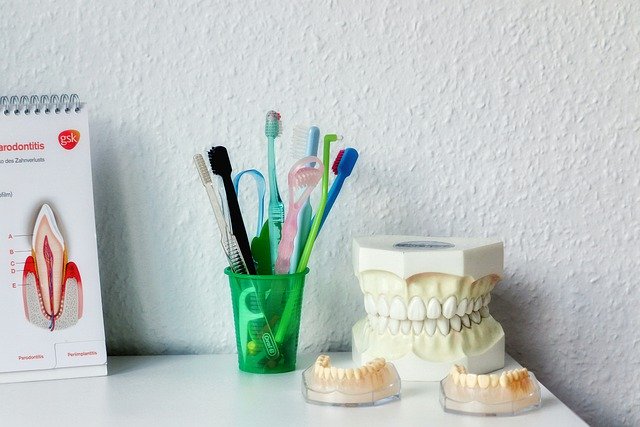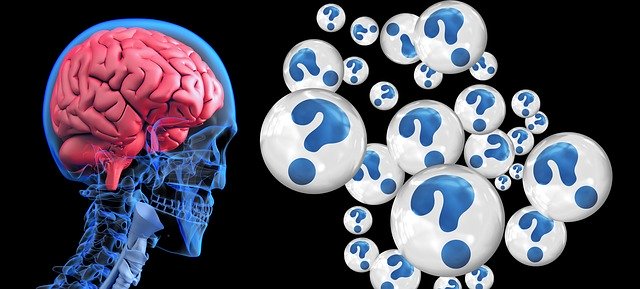Dental care tips for patients with dementia
By Family Caregiver Alliance
- Dental hygiene is important for overall health. Poor dental hygiene may lead to heart disease, gingivitis, stroke, osteoporosis, and respiratory disease. In addition to causing bad breath, inadequate dental hygiene can also affect one's ability to eat, chew, and talk. Certain medications can cause "dry mouth." Dry mouth makes it more difficult to eat and swallow, produce saliva, and causes tongue irritation.
- Brushing teeth is a complicated process with many steps. Although most of us do it automatically, if someone is having memory problems, some of the steps might be forgotten. Supervision or assistance is often necessary.
- Talking someone through the steps or modeling the steps yourself at the same time might help the affected person be more successful. Give the person the toothbrush with toothpaste already on it and put your hand over theirs to start the up-and-down brushing movement to help get started. It may be easier to stand behind the person while doing this.
- The bathroom is not the only choice for brushing teeth. A basin on a table or the kitchen sink might work better. It also doesn't have to be the last thing at night before bed or the first thing in the morning. Find a time when both you and the person for whom you are caring are calm and have time to devote to the task.
- A toothbrush with a large handle can be easier to hold onto and maneuver. Put the handle through a tennis ball to give the person something larger to grasp. Another option is an electric toothbrush, which may prove easier to use.
- Although fluoride toothpaste is the best, if the person is likely to swallow the fluoride toothpaste, rather than spit it out, try brushing just with water or baking soda toothpaste.
Continue reading



